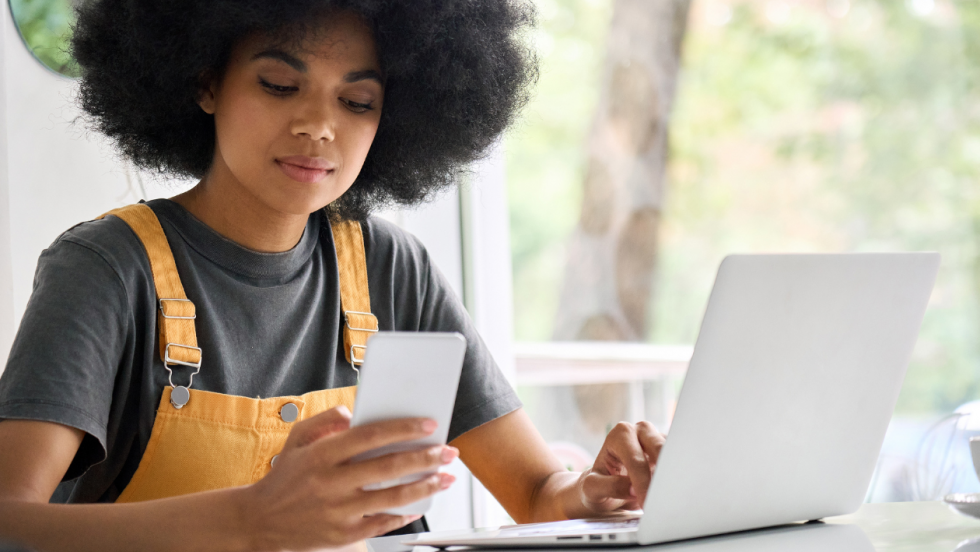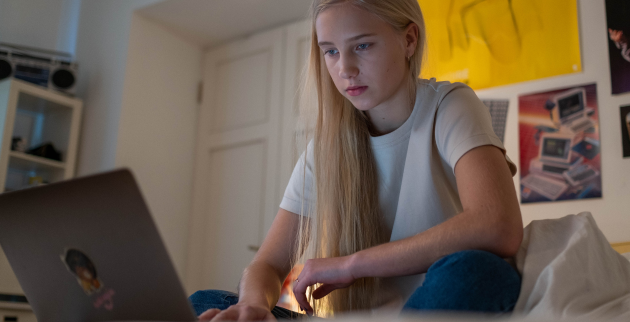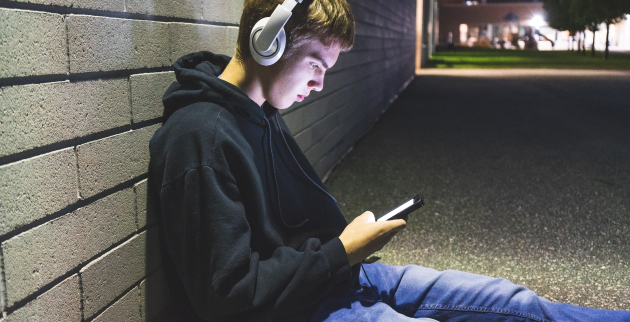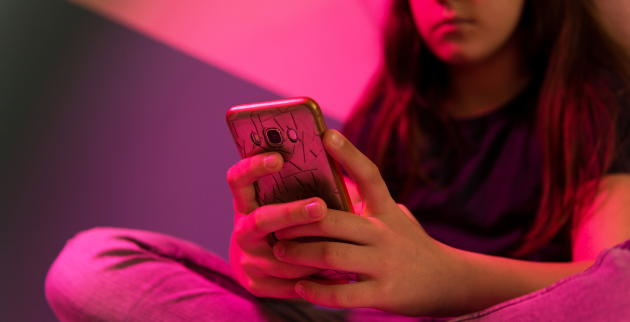Staying safe online

The internet is an important part of modern life, but it is also a place where there is risk.
This risk can come from:
- the way you behave online
- the way other people behave online
There is lots of support to help with risks online.
Knowing when you can solve a problem yourself and when you need to ask for help is a skill for life.
Take Action: Childline have lots of useful information on staying safe online, including advice on spotting fake profiles and understanding people's online identities.
What is the most common kind of risk?
Some risks are very common, such as:
- Getting spam emails or confusing messages
- Having fights with friends or strangers online
- Being approached for money
Some risks are more rare, but people use the internet so much they may still come across them. These include:
- Grooming or catfishing (making friends with someone in order to abuse them)
- Posting or viewing disturbing content
- Hacking and other criminal activity
Take Action: You can find lots of information about staying safe online and where to get help from Childnet.
What helps children stay safe online?
When children are learning to use the internet, they can make mistakes. This can expose themselves and their family to risk. Things that help include:
- Open conversations with parents/carers
- Reliably reporting harmful content
- Screening and monitoring software and other alerts which signal risky content to the user
One of the problems that children report is most common risks is bad behaviour between friends and strangers online, sometimes called cyberbullying.
Find out more: The Cyber Choices website has lots of interesting videos and resources around positive, legal cyber opportunities, illegal cyber activity and more.
Scams and frauds online
This common risk can be still be very serious, and includes things like:
- upsetting or illegal advertising
- spam
- phishing
Most adults are very familiar with online scams and frauds. If anything has happened that you are worried about, the most important thing is to talk to a trusted adult.
Take action: Report scam emails to Action Fraud.
Sharing risky content online
Viewing and sharing risky content online can be upsetting and even get you in trouble with the law. This includes things like:
- violent content
- indecent content (nudes)
- pornography
Most kinds of upsetting content can be reported on the platform where you see it. Reporting helps keep everyone safe.
Find out more: There is specific support available for young people worried about sharing naked images online (sometimes called Nudes or Sexting), you can also speak to your school health nurse.
Online relationships
Lots of relationships start online. When you are getting to know someone online, you need to be aware of risks. Risks can also happen with people you know, or when a relationship ends or changes.
If this happens, you need to take action quickly. No matter how strange, difficult or embarrassing the situation is, don't delay.
- Tell someone, like a trusted adult
- Tell the person that what they are doing is not OK
- Take positive steps to change what is happening
If your own behaviour is causing you concern, help is available. Start by talking to your School Health Nurse.
Crucial: Sometimes people want to change their behaviour online, but find it hard to stop doing risky or harmful things online. Oxfordshire CAMHS has lots of self-help information to support young people trying to change their behaviour.


